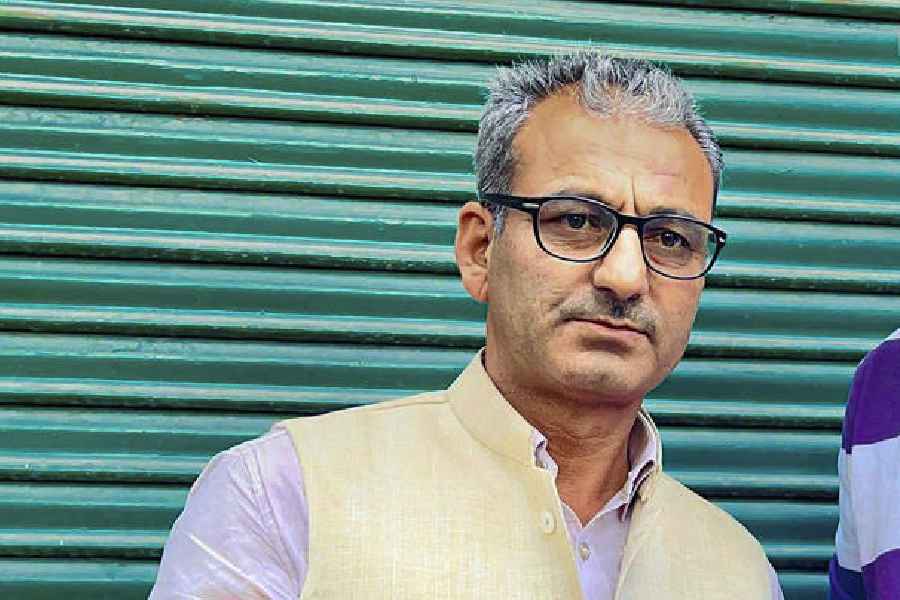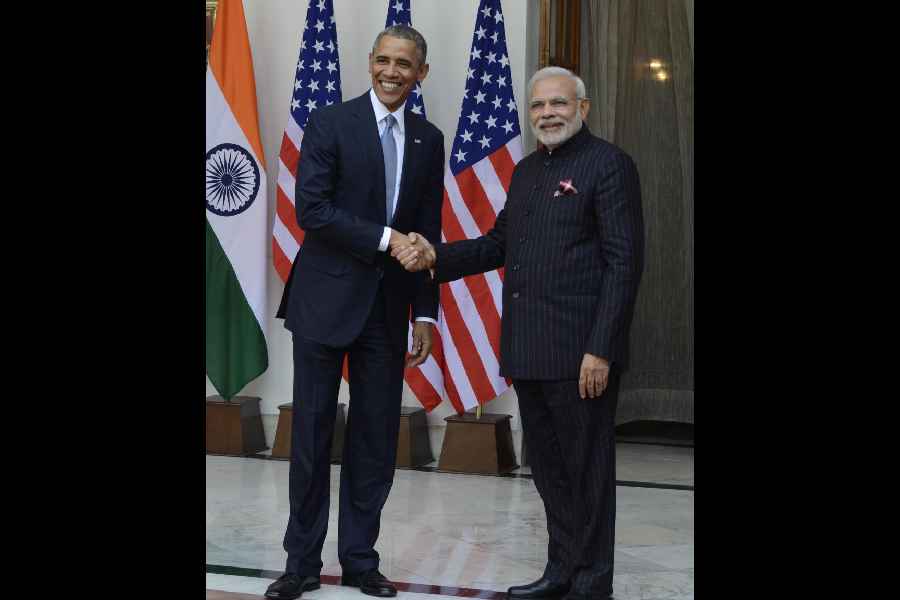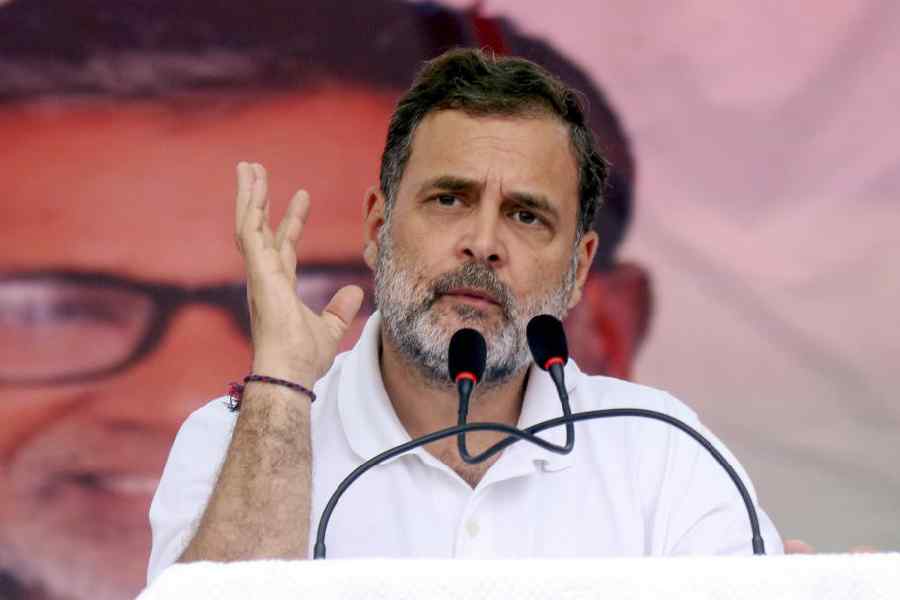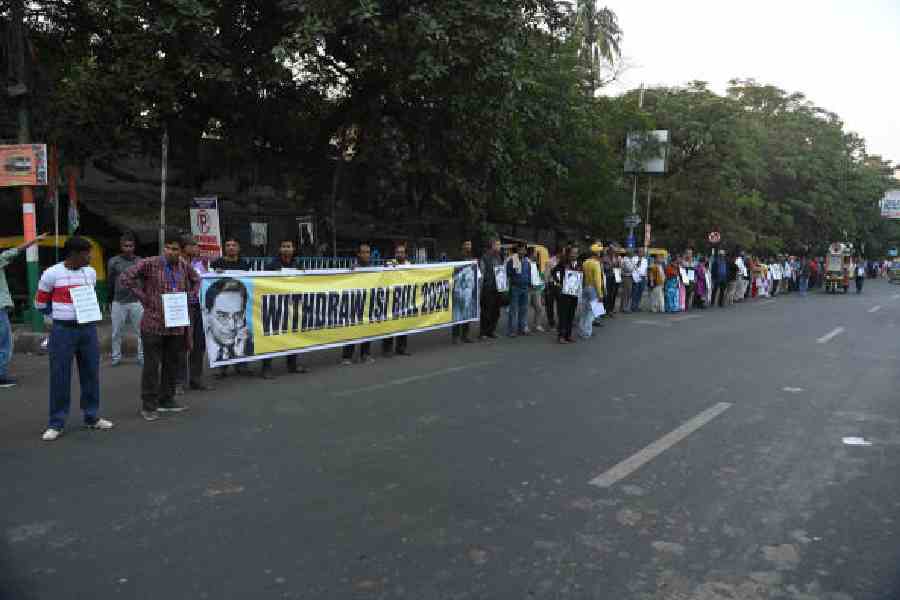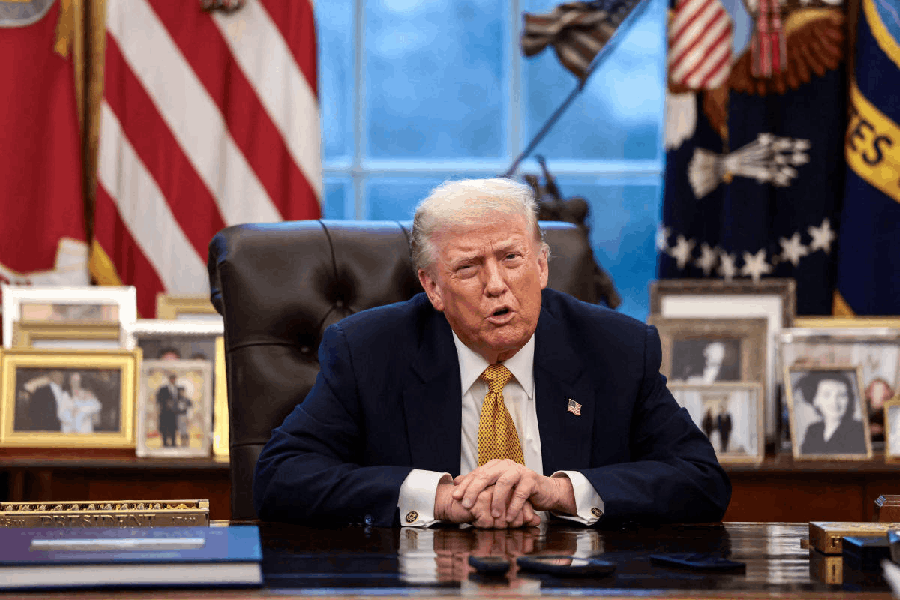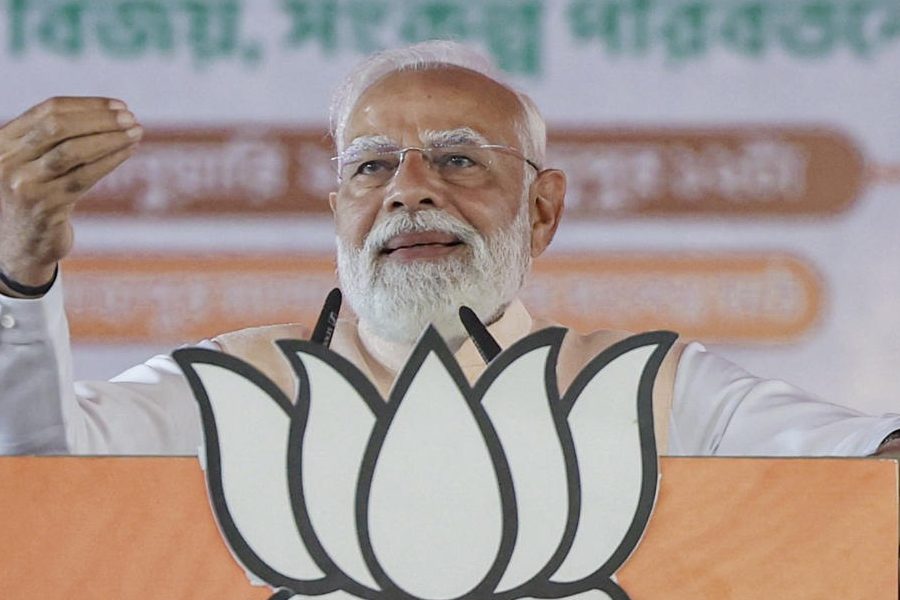Thiruvananthapuram, July 7: The SFI is debating whether to call campus strikes “only as the last resort” and shift to non-disruptive protests, prompting some to wonder if the plan to “mend ways” has been forced by parent CPM’s poll setbacks.
What set off the churn are remarks by CPM central committee member E.P. Jayarajan on Saturday at the inauguration of the Kannur district conference of the SFI, or the Student’s Federation of India.
Jayarajan said students should protest not by shunning learning but by promoting it. He also urged unions to stop working as tails of political parties and chart an independent course.
SFI all-India president V. Sivadasan backed Jayarajan’s views. “We agree with Jayarajan’s suggestions. Strikes are not our aim. Yesterday’s means of protest may not be suited for today and today’s may not be suited for tomorrow,’’ Sivadasan said.
He acknowledged there were “millions of students who are not part of any group”. “If we need their support in our agitations, we have to ensure the methods we resort to also appeal to them and are not seen as disruptive.”
Sivadasan, however, shied away from a direct answer when asked if the rethink stemmed from genuine introspection within the SFI, blamed for stalling colleges and leading violent agitations in Kerala. In Bengal too, the union has been accused in the past of resorting to such protests.
“There are many student bodies which resort to strikes at the first stage itself. There is a vested lobby trying to destroy the public education sector. Our protests should ensure that such public sector institutes get maximum working days to ensure the students can learn and compete with the best,” Sivadasan added.
The debate evoked mixed reactions with some welcoming it while others wondering describing it as mere posturing.
“It is a welcome step if they are ready for a rethink,’’ said Sunil C. Kurien, a former SFI activist who shot into prominence in the early 1990s during what came to be known as the Vilanilam agitation.
The SFI was at the forefront of the agitation against J.V. Vilanilam, the then vice-chancellor of Kerala University over alleged discrepancies in a foreign degree mentioned in his CV. The protests raged for almost a year with police and students fighting pitched battles as Vilanilam refused to quit.
“I have always been of the view that strikes in classes should be the last option. However, it is often used as the first option. The composition of students too seems to have changed. Earlier, organisations like the SFI used to attract talented students but now it is those students who can’t make a mark in anything else who migrate to student politics,” Kurien said.
Former SFI state president C.P. John, however, saw the latest debate more as posturing. He wanted to know if the SFI would now admit that its ways were wrong and apologise for the days lost.
S. Manu, a former state president of RSS student body ABVP, sought to link the SFI debate with the CPM’s election debacles. “Better late than never. But the motive is suspect. There are serious concerns in the CPM over the Lok Sabha (poll) washout and the party feels the new generation even within the Marxist fold voted for the BJP. This (protest rethink) seems only meant to stem the erosion of CPM votes.”
But both Jayarajan, the CPM central committee member who ignited the debate, and the SFI’s Sivadasan denied the discussions had anything to do with the CPM. “The SFI is an independent student body and takes its decisions independently,” Jayarajan said.
SFI general secretary Ritabrata Banerjee denied information about the debate in the Kerala unit.
“There is no such discussion in our central committee,” Banerjee said.
Central CPM leaders refused to comment on record but some admitted privately that the SFI debate could be part of the party’s efforts to reorient itself after its worst-ever performance in the Lok Sabha elections.
The poll-stung CPM has already announced a study by professionals to assess the impact of “globalisation and neo-liberal policies on society” to help the party realign its political and tactical line with the changing aspirations of the people. The study’s findings will be debated at the party congress next year.


